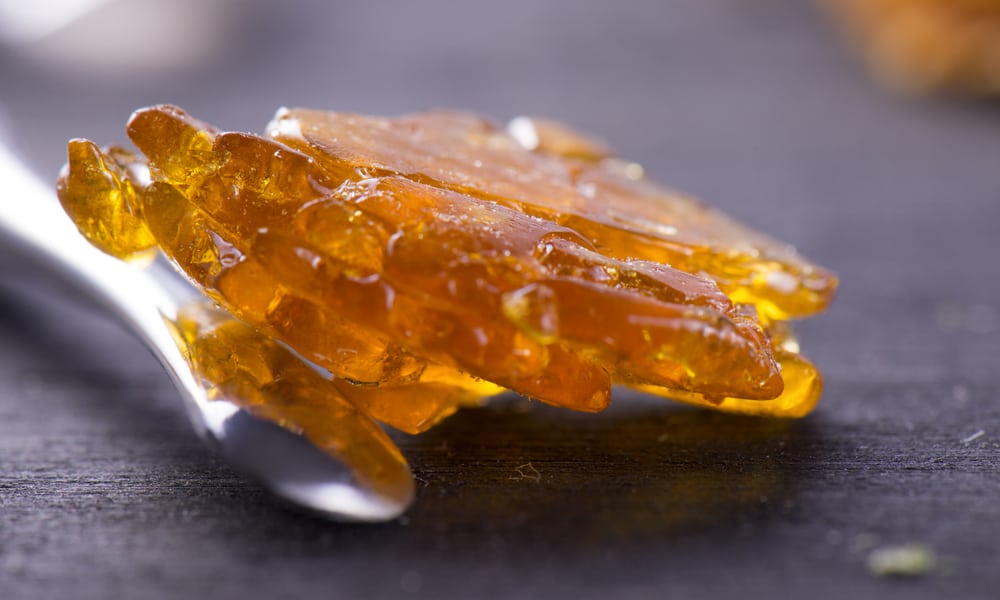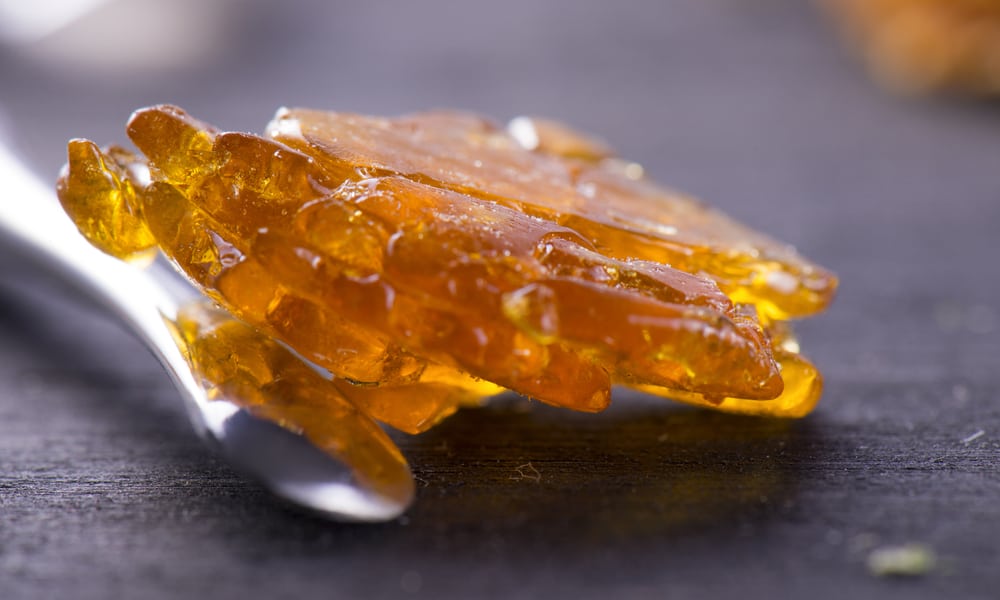
The Arizona Supreme Court just announced a landmark decision related to medical marijuana in the state. Specifically, the court ruled that extracts and concentrates are legal under the terms of the Arizona Medical Marijuana Act.
The decision concludes what has turned into a protracted legal battle that for years put medical marijuana patients in a precarious position when it came to the use of concentrates.
Arizona Supreme Court’s New Ruling
Earlier today, the Supreme Court announced that it had ruled in favor of the medical marijuana community on the question of concentrates. More specifically, the Supreme Court voted 7-0 in favor of patients and state voters.
“We hold that [the Arizona Medical Marijuana Act’s] definition of marijuana includes both its dried-leaf/flower form and extracted resin, including hashish,” the court wrote in its decision.
Importantly, today’s ruling puts an end to the ongoing confusion on the issue of extracts and concentrates. And it does so by explicitly defining medical marijuana as including not only flower, but also cannabis concentrates.
“The court got it right,” said ACLU of Arizona Criminal Justice Staff Attorney Jared Keenan. “This ruling means that qualifying patients will no longer have to fear being prosecuted for using their medicine in the most helpful form.”
He added: “This is what voters intended when they overwhelmingly passed the Arizona Medical Marijuana Act.”
Voters in Arizona voted in favor of the state’s medical marijuana program back in 2010. According to the Phoenix New Times, there are currently over 200,000 participants in the medical marijuana program. Specifically, there are more than 196,000 patients and around 130 dispensaries.
Even prior to today’s ruling, concentrates were extremely popular among patients. As per the Phoenix New Times, patients bought roughly 2.5 tons of edibles in 2018. Similarly, medical marijuana patients also purchased another 2.5 tons of concentrates.
A Long Legal Battle
Prior to today’s ruling, the legal standing of concentrates was very unclear. On the one hand, many in favor of medical marijuana believed that the 2010 legislation automatically included all forms of cannabis.
But on the other hand, many in the state believed that the 2010 law did not overwrite previous laws that defined extracted resin as a separate substance from cannabis flower.
Either way, the original Arizona Medical Marijuana Act did not explicitly address this question. And as a result, decisions about concentrates were largely up to the discretion of local law enforcement and lower-level courts.
For example, Maricopa County Attorney Bill Montgomery and Yavapai County Attorney Sheila Polk both decided that people could be arrested and prosecuted for having concentrates, even if they were medical marijuana patients. These early interpretations led to the arrest of some patients and unease throughout the medical marijuana industry.
However, a separate decision by the Maricopa County Superior Court Judge Katherine Cooper went in the opposite direction. Specifically, she ruled that patients were allowed to use concentrates and extracts. But her decision was limited to the county alone.
In the midst of all the confusion, one case sparked a hot debate. Shortly after medical marijuana became legal in Arizona, patient Rodney Jones was arrested for having hashish. After a back-and-forth trial, he was eventually convicted. And he ended up serving 2.5 years in jail.
In the aftermath of his conviction, Jones and his lawyers filed multiple appeals. The most recent was State of Arizona v. Rodney Christopher Jones. And this is the one that led to today’s landmark ruling, a decision that should put to rest any confusion about concentrates and medical marijuana in Arizona.















